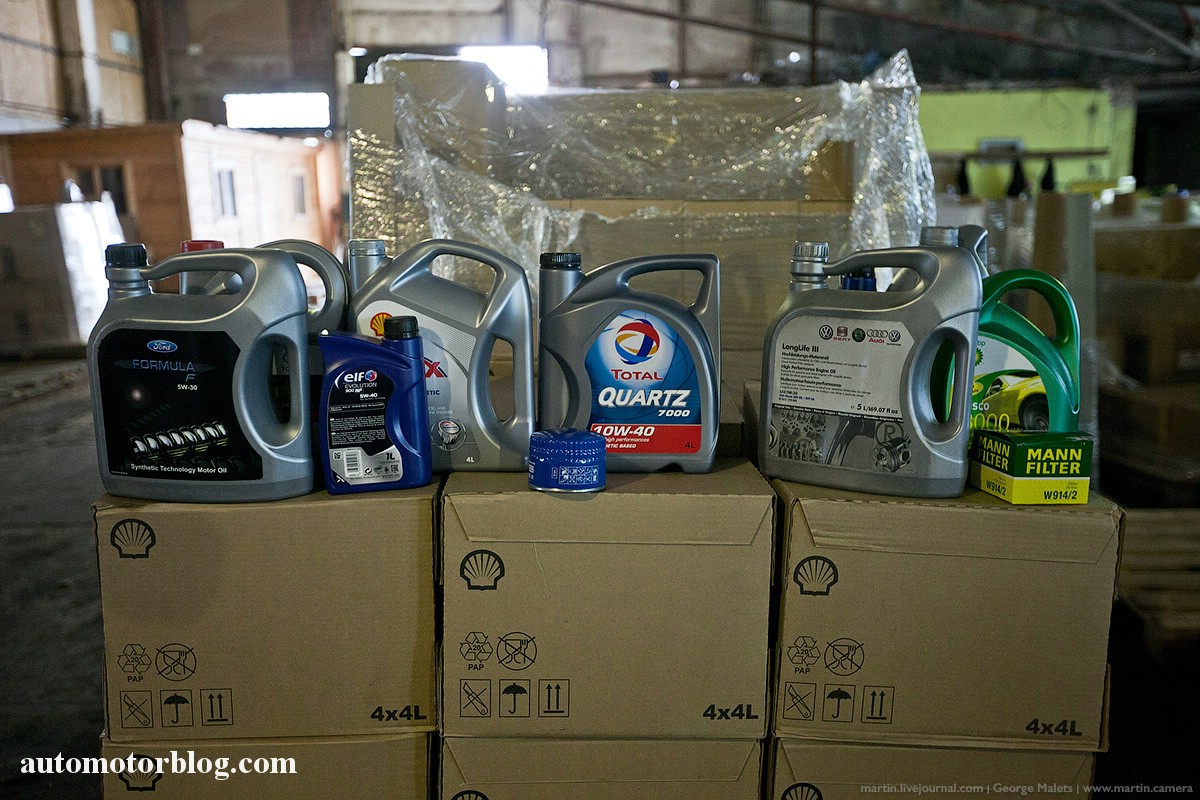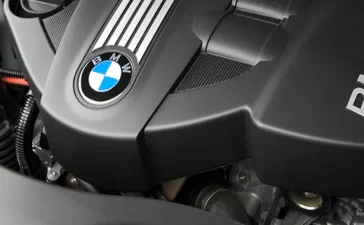Extended warranties are one of the most common upsells in car sales. You’ve more than likely been pitched to buy one – whether it’s at the car dealership after purchase or one of those robocalls. At first mention, extended warranties sound like a no-brainer. Who wouldn’t want to have extra coverage on their vehicle? Studies have found that 47% of consumers have extended warranties.
But are these warranties really worth it?
Purchasing an extended warranty for your vehicle depends on your individual needs. In some cases, it may be worth staying protected from unexpected repairs and maintenance. In others, it might be completely unnecessary.
In this post, we want to discuss everything you need to know about extended car warranties – and if buying one is a good choice. Let’s discuss.
What Are Extended Car Warranties?

Extended car warranties are service contacts that cover the costs of certain repairs after the original manufacturer warranty period ends. Not all extended car warranties are equal; some are more comprehensive than others.
Some of these warranties may extend the original manufacturer warranty, while others may simply be a service contract. These “service contracts” are commonly advertised as extended warranties, but do not offer the same coverage.
Generally, there are two types of extended warranties:
Manufacturer Extended Warranties
These warranties are issued to extend the original warranty you purchased the vehicle with. Usually described as “Certified Pre-Owned Warranties”, getting necessary repairs requires you to take the vehicle to a franchised dealer/repair facility.
Third-Party Extended Warranties
Third-party extended warranties are more like service contracts. While they may function similar to a traditional warranty, there may be limitations on the parts covered. Moreover, these warranties are not affiliated with the manufacturer.
There is always a degree of risk when you opt for a third-party extended warranty. For one, these warranties typically come with high deductibles in addition to the monthly costs. Second, if the warranty provider goes out of business, you may lose your coverage.
What Do Extended Warranties Cover?
To reiterate, extended warranties and service contracts can vary significantly. The fine print of these warranties can be very tricky.
As a general rule, your best bet with an extended warranty is one that covers critical components of the vehicle. This includes the engine, transmission, steering, brakes, electrical system, and so on. Be sure to ask about the exclusions.
Extended warranties usually run between $1,000 and $1,500 per year. Ideally, you want this warranty to cover the same components as the original warranty.
Pros of Extended Car Warranties
- Save money on repairs: The main reason people buy extended warranties is to shield themselves from potential repairs that may be expensive – especially on luxury cars.
- Customize your protection: You may be able to create a fully-custom warranty based on your needs. This might involve the amount you have to drive every day or account for complex software repairs.
- Provides peace of mind: An extended warranty can keep your mind at ease knowing repairs will be covered for a longer timeframe.
Cons of Extended Car Warranties
- You may not have lemon law benefits: In some states, like California, the lemon law does not apply to extended warranties. Again, the terms may vary. California consumers are wise to contact a California lemon law attorney to assess the terms of the extended warranty/clarify coverage.
- May cost more than it’s worth: If your vehicle functions properly (which it likely will), you may never need to get significant repairs. Or, it may not cover the component(s) that need fixing. This leaves drivers paying monthly fees for a service they don’t use.
- Normal maintenance may not be covered: Typical car services like oil changes, new brake pads, or tires may not be included in your extended warranty, meaning you’d have to pay out of pocket for these in addition to monthly fees.
- Restricts where you can get work done: Extended warranties usually have a specific facility to get repairs done. This means you cannot use your trusted mechanic.Getting work done from your trusted mechanic could potentially void your warranty altogether.
- May have overlapping coverage with original warranty: Most new vehicles come with bumper-to-bumper warranties that last three years or 36,000 miles. Some may have a drivetrain warranty that lasts longer. Purchasing an extended warranty with the drivetrain warranty in effect may make the extended warranty unnecessary.
Will You Actually Use the Extended Car Warranty?
The answer to this is not black and white, as no one has a crystal ball telling them the future.
As lemon law attorneys, we have seen that people who buy warranties don’t end up using them. They pay more in coverage than what the benefits end up providing. If you’re considering buying an extended warranty, there are a few things to keep in mind:
- How long do you plan to keep the vehicle?
If you plan on driving the vehicle as long as possible, it might be worth extended coverage beyond the original warranty. This also depends on the type of driving you do. Say you’re a delivery driver and your vehicle will be used every single day in stop-and-go traffic. The risks of running into mechanical problems might be higher.
- Will you be putting a lot of miles on your vehicle?
If you drive for a living, you’ll be putting a lot of miles on the car. In this scenario, the typical 36,000-mile warranty limit may not be sufficient.
- Is your vehicle known to have certain risk factors?
If you’ve got a vehicle that’s been prone to defects or recalls, purchasing an extended warranty may be ideal to give you peace of mind.
Over to You
Car warranties and lemon law go hand in hand. We get a lot of questions about extended warranties and how they factor in. Truth be told, extended warranties do not usually offer much in the way of lemon law benefits.
If you choose to purchase one, do not make the choice lightly. A lot of extended warranty/service contracts will end up costing you more money. Take your time and read through the terms. If you need any advice, it never hurts to call a lemon law lawyer for advice. Most of these attorneys are happy to provide tips and insight on warranties.
We all want good coverage for our vehicles. But it’s important to understand good coverage from bad coverage. Hopefully, this piece provided some useful information in your decision.
Author Bio: Brian K. Cline’s Lemon Law Legal Group provides premier legal services. Our California lemon law lawyers aggressively and ethically force vehicle manufacturers to buy back defective and dangerous vehicles. Our team includes experienced trial lawyers with over 40 years of combined trial experience.











